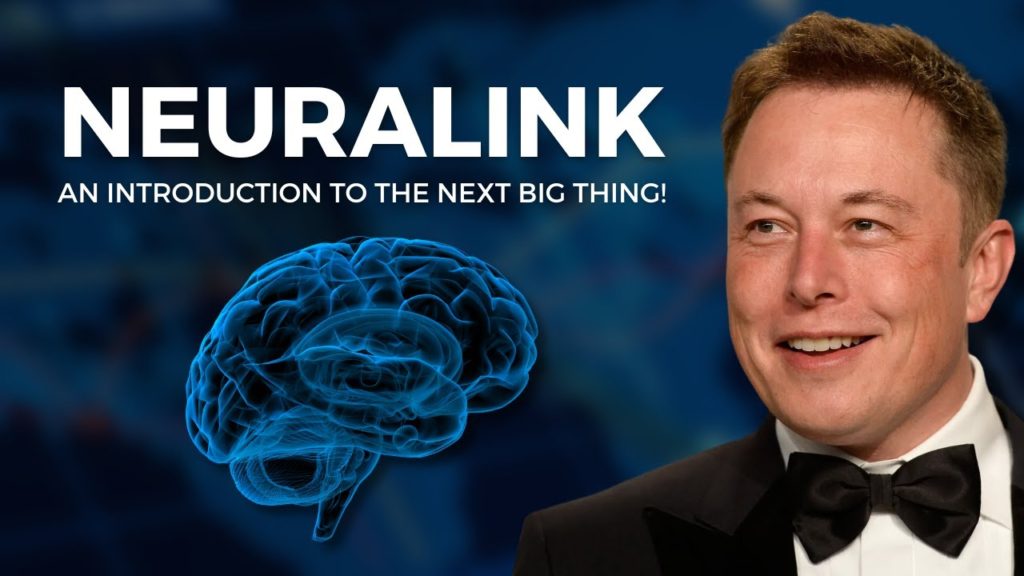|
Getting your Trinity Audio player ready...
|
Billionaire entrepreneur Elon Musk’s pioneering brain-chip startup, Neuralink, announced on Tuesday that it has obtained the green light from an independent review board to commence recruitment for the first-ever human trial of its revolutionary brain implant designed for patients suffering from paralysis.
The trial is open to individuals grappling with paralysis due to cervical spinal cord injuries or amyotrophic lateral sclerosis (ALS), though Neuralink did not disclose the specific number of participants that would be included in the trial. This landmark study is expected to span approximately six years.
Neuralink’s ambitious endeavor will employ a sophisticated robot to delicately insert a brain-computer interface (BCI) implant into a specific brain region responsible for controlling the intention to move. The primary objective of this groundbreaking research is to empower individuals to manipulate a computer cursor or keyboard solely using their thoughts.
Previously, Neuralink had set its sights on securing approval to implant its devices in ten patients. However, negotiations with the U.S. Food and Drug Administration (FDA) led to a lower number of approved participants amid safety concerns raised by the regulatory agency. The precise number of patients granted approval by the FDA remains undisclosed.
Elon Musk’s Neuralink has lofty aspirations for its technology, envisioning its chip devices as potential solutions for various conditions, including obesity, autism, depression, and schizophrenia, by facilitating swift surgical insertions.
In a significant development earlier this year, Neuralink announced that it had obtained FDA clearance for its inaugural human clinical trial. This milestone occurred against the backdrop of federal scrutiny regarding the company’s handling of animal testing.
Despite the promising strides made by Neuralink, experts caution that even if the BCI device proves safe for human use during the trials, it could still necessitate more than a decade of additional research and regulatory processes before it gains commercial clearance.
The journey of Neuralink represents a pioneering effort at the forefront of neuroscience and medical technology, offering hope to individuals affected by paralysis and potentially opening new avenues for the treatment of various neurological conditions. As the trials commence, the world will be closely monitoring Neuralink’s progress in its quest to merge the human brain with cutting-edge technology.



